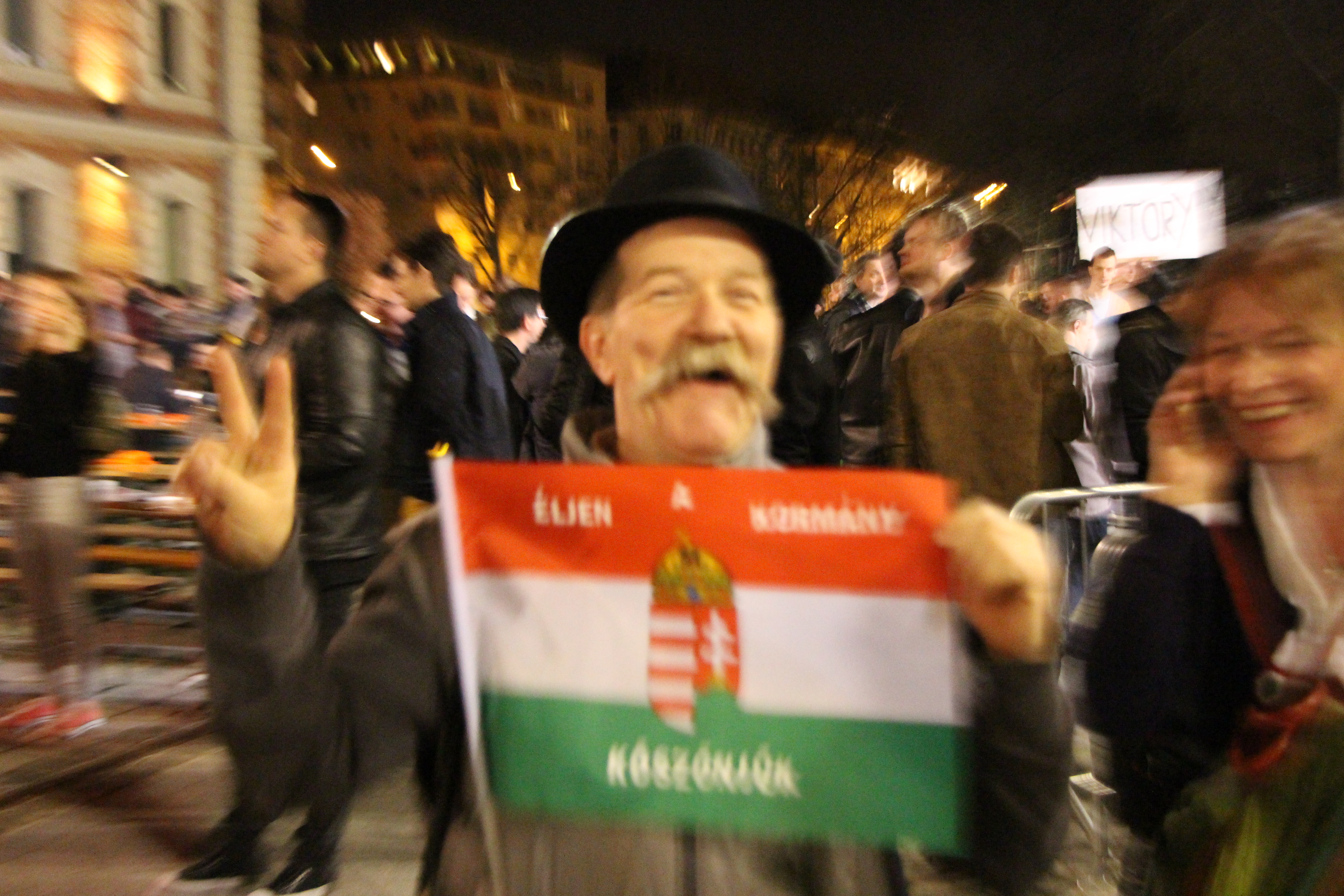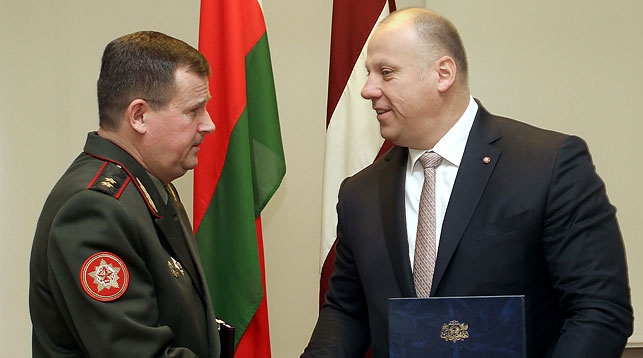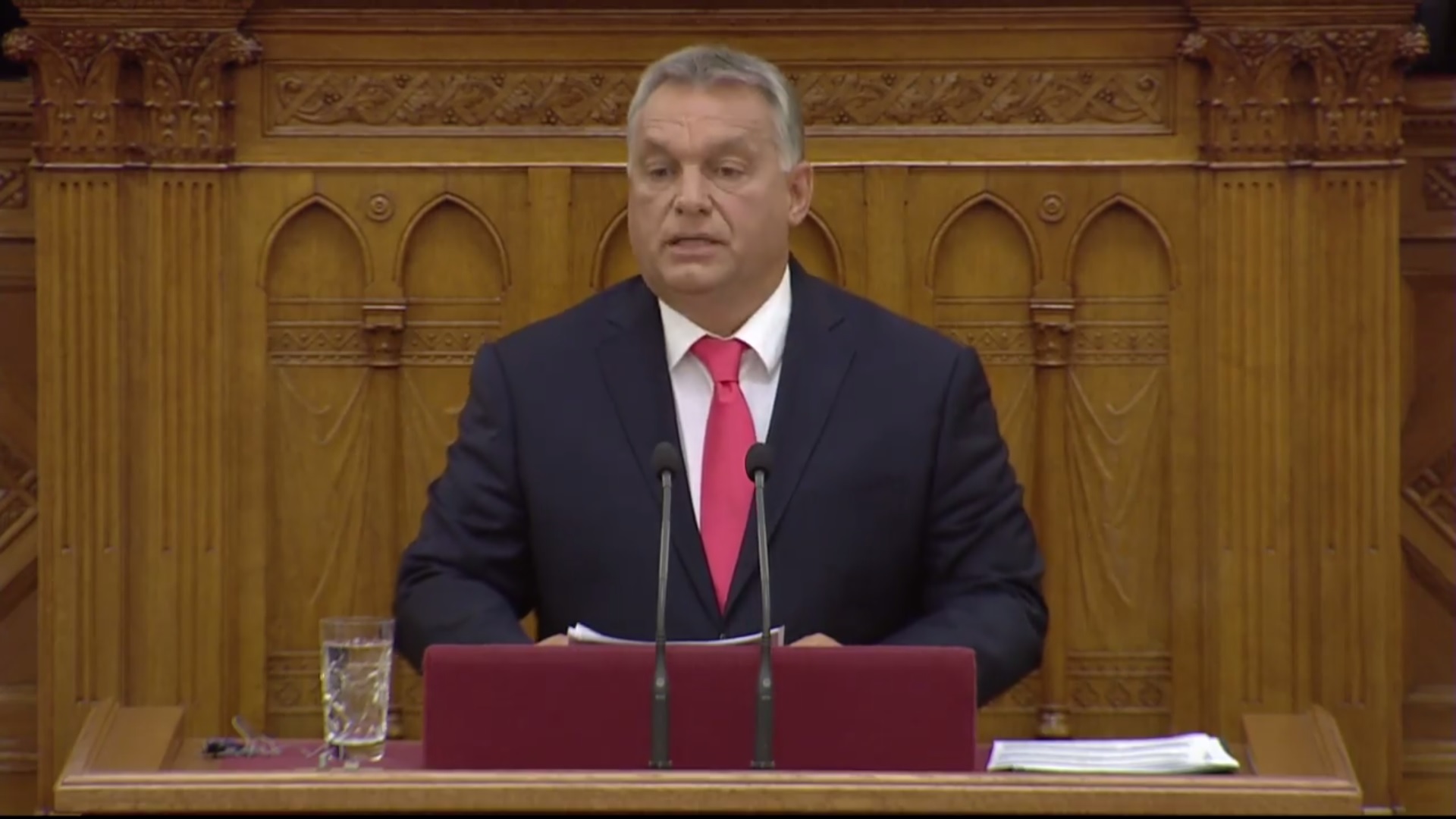Hungary – On Sunday, April 8, Viktor Orbán and his Fidesz-KDNP coalition won the general elections and reached a constitutional two-thirds majority in parliament. Viktor Orbán begins his third consecutive term, which will last until 2022.
After a long, heavy and very violent campaign (verbally and symbolically), the Hungarians voted Sunday, April 8, to choose new representatives to the unicameral national parliament, which elects the Prime Minister.
Despite the reorganization of the opposition, the attempts of cooperation of the various parties, the establishment of electoral tactics to withdraw in favor of the favorite opposition candidate against Fidesz … despite calls for resistance to the dictatorship, and despite the insistent calls to vote on the part of the anti-Orbán activists, the opposition as a whole has not improved the sum of its scores and its number of deputies.
While Budapest normally favors liberal parties, Fidesz has done well in Budapest: and the most voted constituencies in Budapest are those won by Fidesz. In addition to this, the strong turnout was also due to the mobilization of small provincial towns, almost all acquired to Fidesz.

Results
Hungarians have two votes. One for a local MP – in each constituency, the winner of the single round becomes a deputy – and the other for a national list, in other words, a political party.
For list votes, Fidesz made 49.51% (44.37 in 2014), and recovers 133 seats, (of which 91 won out of the 106 constituencies). The Jobbik, second with 19.61% of the list votes, gets 27 deputies, while the socialists of the MSZP-P arrive at 12.3% on the list votes, and get 20 deputies. DK of the former Socialist Prime Minister Ferenc Gyurcsány made 5.55%, and gains 9 deputies and the LMP with 6,87%, gets 7 seats. Jobbik chairman Gábor Vona resigns, along with the management of the MSZP. An independent candidate and a deputy of the German minority also enter the parliament, as well as a member of the liberal-libertarian micro-party Együtt (whose leadership resigned).
The opposition saw the massive mobilization as a strong sign of an anti-Orbán wave: in the end, it is indeed the highest turnout since 2002. For Fidesz, it is a “undeniable support, and of enormous legitimacy of [their] policies”. Fidesz recovers the constitutional majority of two-thirds of the parliament.
“We won,” said Orbàn. It is a true plebiscite for Orbán and his successful economic policy, but also his opposition to the cosmopolitan vision of Brussels (migrants, miscegenation, multiculturalism, destruction of identities and rejection of religion).
In the constituency of Péter Márki-Zay, the unlabeled candidate who became mayor with the support of the united opposition, the turnout was stronger than the average and ended in a landslide victory for Fidesz, with the reelection of János Lázár.
“A great battle is behind us,” said the Prime Minister during his victory speech just before midnight. “We’ve taken a decisive victory. We created the possibility for ourselves to protect Hungary”. But Fidesz sees further and very quickly, in the press, one could hear that “this election does not concern only Hungary, but also the whole of Europe”.
“The high turnout left no room for doubts,” he said, poking those who prophesied a blow to Fidesz because of a large turnout.
“Today, Hungary took in a great victory,” said Viktor Orbán, before recalling, after a stinging victory, that “one must be humble because there’s much to be humble about”.
“I would also like to thank those who prayed for us and for me… Soli Deo Gratia!” concluded the Prime Minister before inviting the crowd to sing the Kossuth’s march, followed by the national anthem.
What now?
First of all, it should be noted that several opposition spokespersons believe that the election was not free. OSCE observers have scheduled a press conference for Monday 9 April to discuss the irregularities they have recorded. About 20 students tried to block a Budapest crossroads to protest the results. But no clash or serious trouble is to be deplored.
The Visegrád Post will publish in the coming days a more in-depth analysis of the prospects for this beginning of the mandate. What is certain is that Viktor Orbán enjoys unquestionable legitimacy and that this victory will further demoralize a disunited opposition, exhausted by its long and tenacious struggle for months, and harmed by the numerous resignations which followed the results of April 8th.




